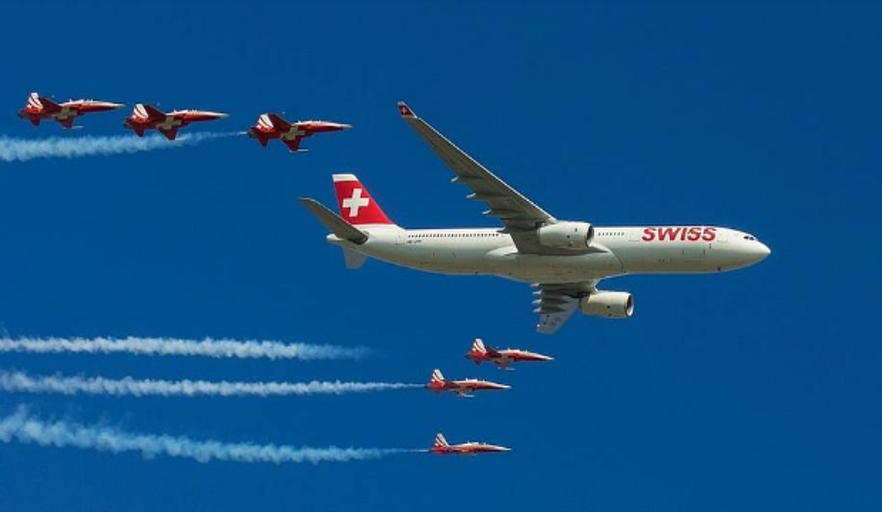June 13, 2025 — Washington, D.C.
Global economic powers have called on U.S. President Donald Trump to reconsider his administration’s proposed tariffs on imported aircraft, warning that such a move could reignite trade tensions and destabilize key sectors of the global economy.
The proposed tariffs, which would affect both commercial and private aircraft, have drawn sharp criticism from leaders in China, Canada, the European Union, Brazil, and Japan. In a rare show of unity, representatives from the five major economies issued a joint communiqué cautioning that the levies could trigger a new wave of retaliatory measures, escalate costs for airlines and consumers, and threaten the fragile recovery of international trade.
A Warning Against Escalation
The statement, issued after an emergency meeting of trade ministers in Geneva, expressed “grave concern” over the U.S. administration’s intent to impose up to 25% tariffs on a broad range of foreign-made aircraft. According to the Trump administration, the measures are designed to counter what it describes as “unfair subsidies and market distortions” by foreign competitors.
However, global leaders argue the tariffs risk violating World Trade Organization (WTO) commitments and could backfire on American manufacturers, particularly Boeing, which relies heavily on a complex international supply chain.
“The imposition of unilateral tariffs on aircraft not only jeopardizes the recovery of the aviation industry but also risks igniting a wider trade war,” said Canada’s Minister of International Trade Mélanie Joly. “We urge the United States to return to the negotiating table and seek cooperative solutions through established international frameworks.”
Impact on Global Aviation and Markets
The aviation sector, still rebounding from pandemic-era disruptions, could face severe consequences if the tariffs are enacted. Aircraft production involves cross-border collaboration, with parts manufactured in dozens of countries. Industry analysts warn that tariffs would raise prices, delay production schedules, and put pressure on airlines already facing high fuel costs and shifting consumer demand.
According to the International Air Transport Association (IATA), global air travel is projected to return to pre-pandemic levels by late 2025. However, renewed trade friction could delay that timeline.
“Airlines are just beginning to stabilize after years of volatility,” said IATA Director General Willie Walsh. “Introducing tariffs at this stage would be counterproductive and economically damaging.”
White House Stance and Political Calculations
President Trump has defended the proposal as part of his broader “America First” economic agenda, arguing that U.S. manufacturers must be shielded from what he describes as “chronic trade imbalances and foreign manipulation.”
“Our aerospace industry deserves a level playing field,” Trump said during a recent press event at a Boeing facility in South Carolina. “We will not stand by while other nations cheat the system at the expense of American jobs.”
White House officials have suggested the tariffs are intended as a negotiation tactic ahead of upcoming trade talks with the European Union and China. However, the administration has not ruled out immediate implementation.
What Comes Next
Diplomatic efforts are intensifying as allies seek to avert escalation. The EU has signaled its readiness to take the matter to the WTO, while China has hinted at potential countermeasures affecting U.S. agricultural and automotive exports.
With the global economy at a delicate juncture, many observers fear the ripple effects of a renewed trade conflict could extend far beyond the aviation sector.
“The world cannot afford another trade war,” said Brazilian Foreign Minister Mauro Vieira. “Cooperation, not confrontation, must guide our path forward.”
As negotiations continue, stakeholders across industry and government are closely watching Washington’s next move — one that could shape the trajectory of global trade for years to come.



